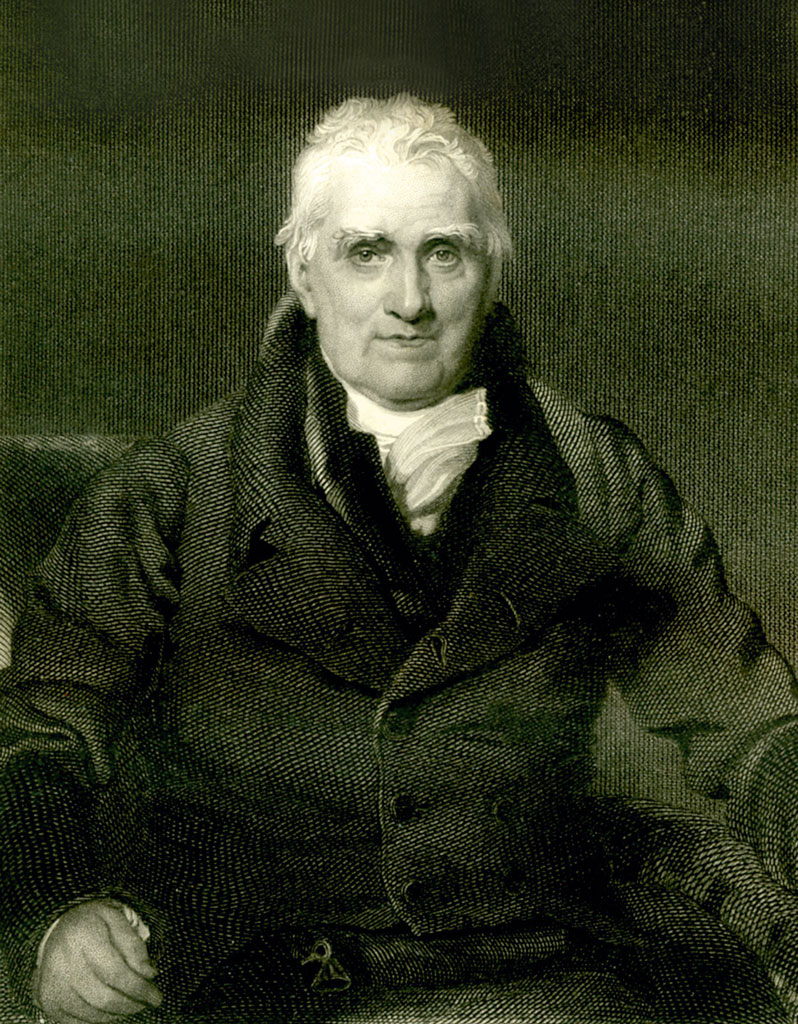
Geoffrey Bindman QC exposes the ambiguous character of Lord Eldon
The school I attended in Newcastle can claim a modest place in legal history. Founded in 1545, it educated in the 18th century the brothers John and William Scott, who later became the celebrated judges Lord Eldon and Lord Stowell. Eldon was Lord Chancellor of England for 25 years—the longest serving in our history. He is nowadays best known as the model for the pedantic and procrastinating Lord Chancellor in Charles Dickens’ Bleak House, in which he presided over the fictitious but not implausible case of Jarndyce v Jarndyce. Stowell became the father of Admiralty law. Bleak House begins with the famous description of the fog-bound Court of Chancery: “Jarndyce and Jarndyce drones on. This scarecrow of a suit has, in the course of time, become so complicated that no man alive knows what it means.”
Dickens’ day
In his preface Dickens mentions two actual cases, one of them a dispute over the will of Charles Day, a boot









